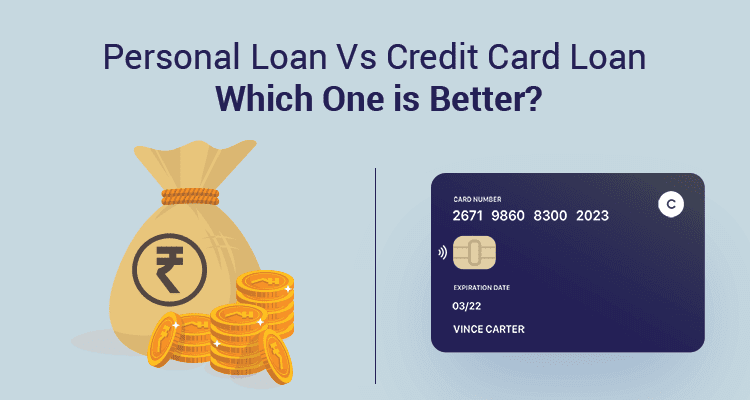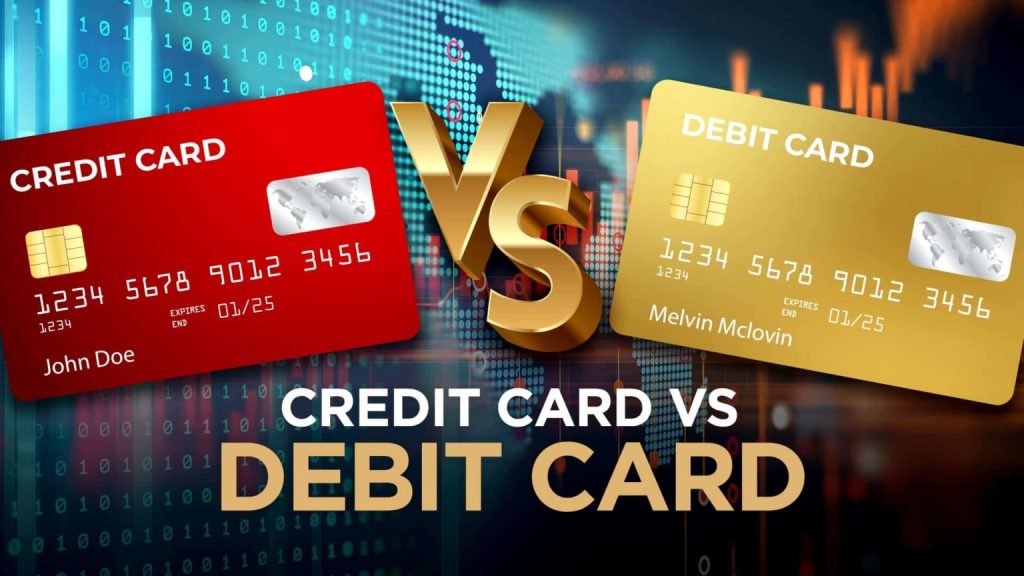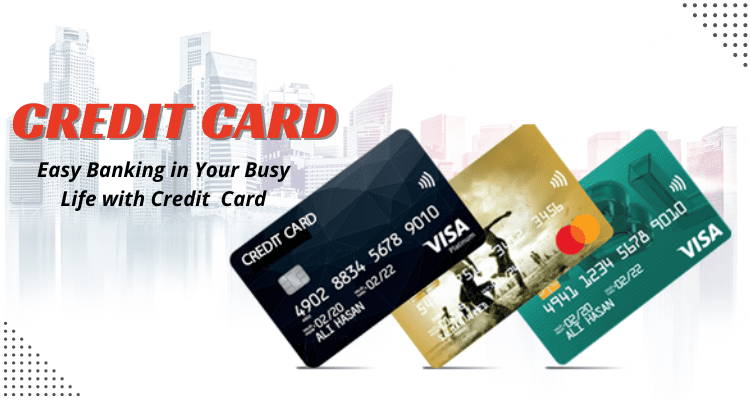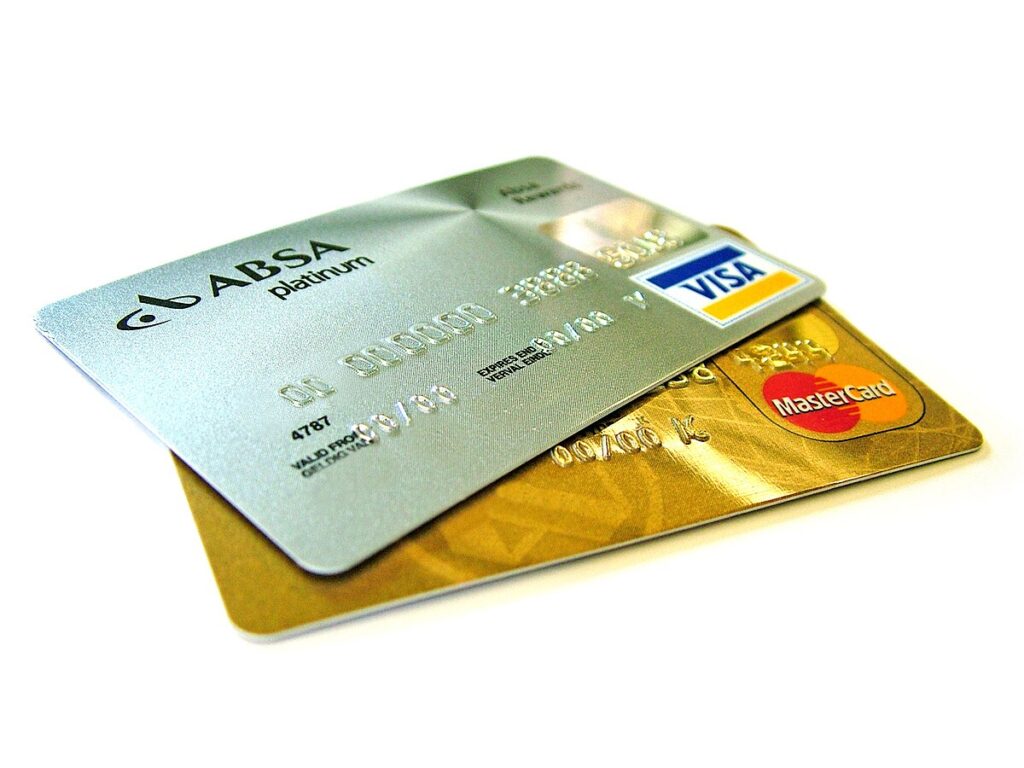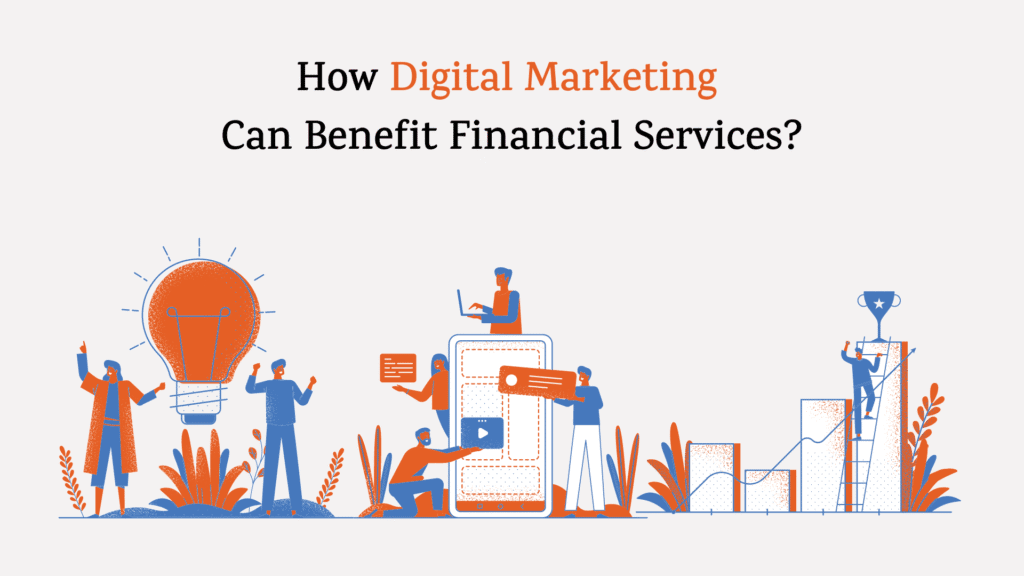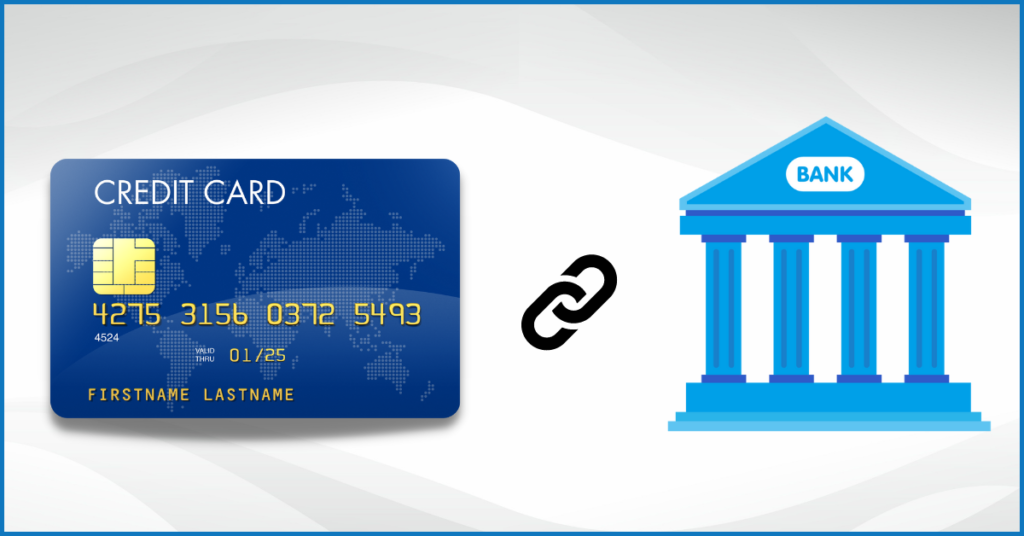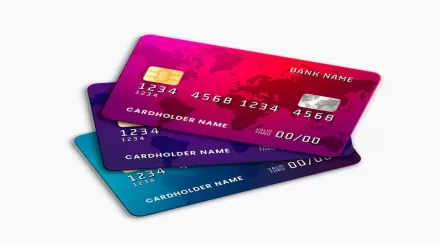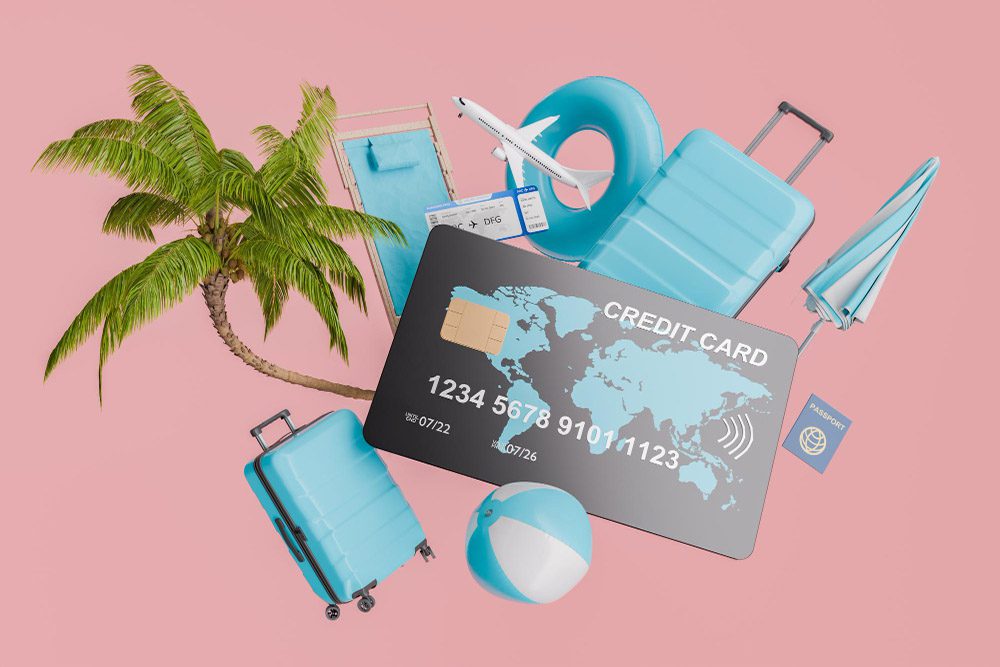Getting Your First Credit Card: What You Should Know
Getting your first credit card is a major financial step and a significant adjustment. While you might already understand the basics of how credit cards work, knowing the finer details beforehand can save you money and help you build credit more effectively.
1. The Best Credit Cards Aren’t for Beginners
As someone new to credit, you probably won’t qualify for the most rewarding cards — those with premium perks, generous sign-up bonuses, or long interest-free periods. These cards are typically reserved for people with strong credit histories and higher incomes.
Instead, you’ll need to start with entry-level products designed for people with little or no credit history. Fortunately, many starter cards still offer solid benefits without charging annual fees.
Some entry-level options include credit cards tailored for students or cards aimed at applicants with average credit scores.
2. Your FirstCredit Card Can Build Your Credit or Ruin It
A major reason to get your first card is to build your credit profile. However, misuse can just as easily harm it. Your card issuer will report your monthly activity — including payments and credit usage — to credit reporting agencies like Equifax, Experian, and Illion in Australia.
To build your credit effectively, always pay your bills on time, keep your credit utilization below 30% of your credit limit, and try to pay off your balance in full each month. This responsible behavior helps increase your score over time.
3. You Can See the Rates and Fees Before Applying
Before you apply, card issuers are required to clearly disclose terms like fees and interest rates. These details are typically listed in the card’s terms and conditions or in a key facts sheet.
Some key details you’ll be able to review include the annual fee, purchase interest rates, balance transfer and cash advance rates, foreign transaction fees, and late payment penalties. Note that you usually won’t know your credit limit until after approval.
4. Credit Card Fees Are Easy to Avoid
Although credit cards may come with fees, many are completely avoidable — especially if you’re managing your account well.
You can avoid most fees by choosing a no-annual-fee card, paying your balance on time to avoid late fees, not using your card for foreign purchases or cash advances, and avoiding balance transfers unless absolutely necessary.
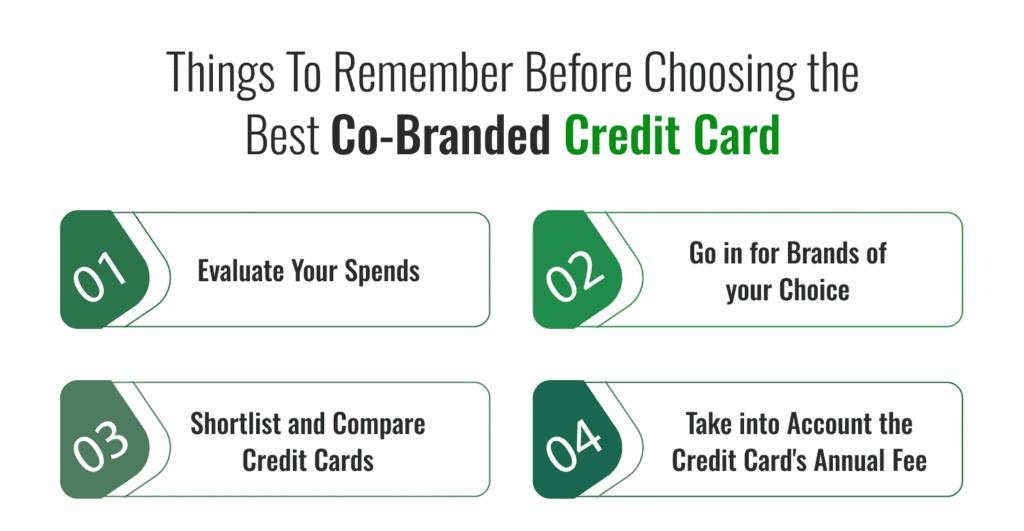
5. Interest Is Completely Avoidable Too
Even if your card has a high interest rate, you can avoid paying interest altogether by paying your full statement balance each month.
Every credit card comes with an interest-free period — typically 25 days or more — as long as you pay your balance in full. If you carry a balance from month to month, interest will be charged on that balance and often on new purchases immediately.
To avoid interest, always pay the total amount shown on your statement and avoid making only partial payments unless absolutely necessary.
6. You Can and Should Pay More Than the Minimum
Your monthly statement will show a minimum payment amount, which is the least you can pay to keep your account in good standing. But paying only the minimum means you’ll barely reduce your actual debt.
Minimum payments mostly cover interest and fees, with very little going toward the principal. Over time, this leads to more interest charges and a growing balance if you keep spending on the card.
Always aim to pay more than the minimum and pay the full balance if possible to stay debt-free and interest-free.
7. Paying Late Comes at a High Cost
Missing a payment can quickly become expensive. Depending on how late your payment is, consequences may include late fees, negative marks on your credit report if payments are more than 60 days late and over $150, and possible penalty interest rates.
Setting reminders or enabling automatic payments can help ensure you don’t miss your due date.
8. Dealing With Credit Card Fraud Isn’t as Difficult as It Sounds
Worried aboutcredit card fraud? It’s a valid concern, but credit cards actually offer strong protections.
If your card is used fraudulently, it’s the issuer’s money at risk, not yours. You’ll have time to dispute the charge, you’re legally protected from unauthorised transactions, and you’ll typically receive a replacement card quickly after reporting the issue.
9. If You’re Rejected, the Issuer Will Tell You Why
If your application is declined, the card issuer will send you a written explanation of the decision. Common reasons include low income, lack of credit history, or a poor credit score.
Use this information to understand what went wrong and what you can improve before applying again. It’s wise to wait a few months and work on strengthening your financial profile before submitting another application.


